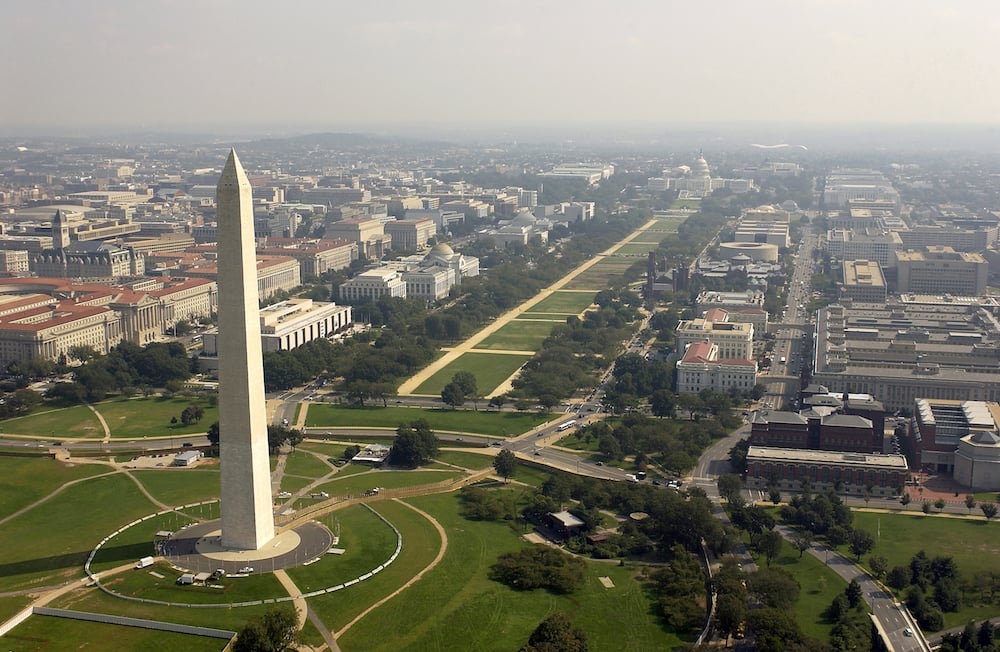“My kingdom is not of this world.” As he approaches the crux of his earthly life, our Savior simultaneously qualifies Pilate’s authority while submitting himself to it. It is an astonishing moment of political quietism, which is possible only because Christ’s kingdom has its origins in the heavens rather than here on earth. Were His kingdom of this world, he goes on to say, his “servants would have been fighting,” resisting both the religious and political authorities.
Login to read more
Sign in or create a free account to access Subscriber-only content.
